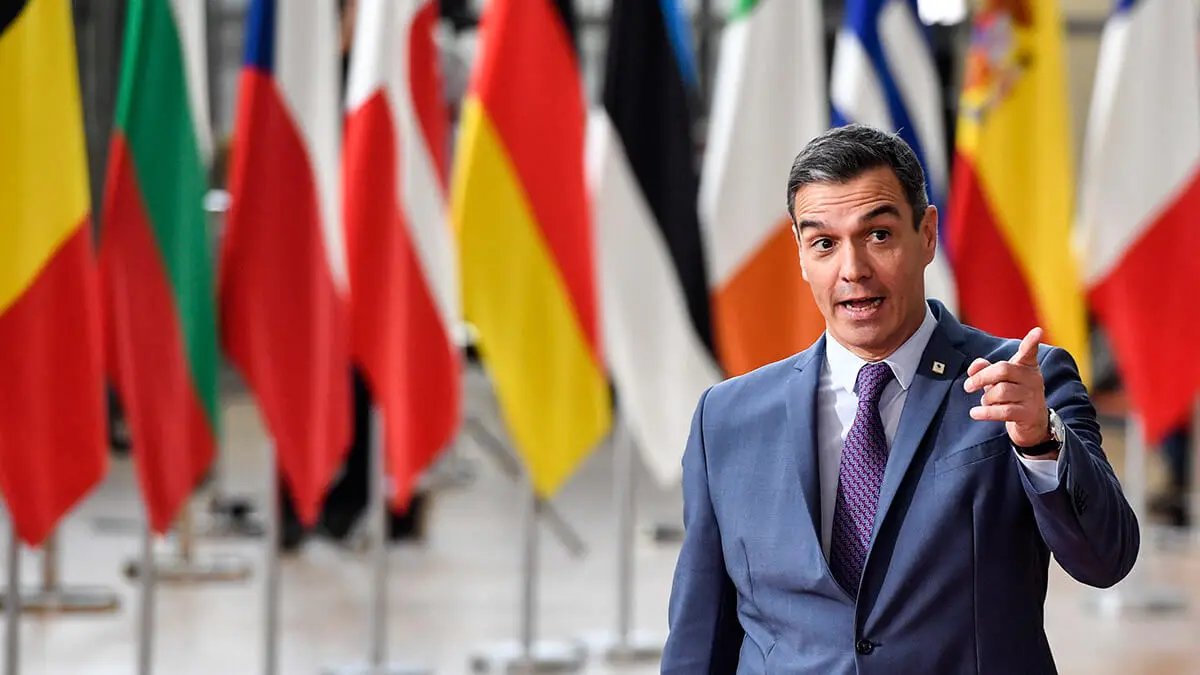Frankenstein foreign policy

The foreign policy of a serious, reliable country that defends its interests must be agreed upon by consensus among the major parties with a government option, explained in Parliament and planned with a 20- to 30-year perspective. This is called a state policy that directly influences the country's political, economic, commercial, social and cultural relations with its immediate environment, within the framework of regional and international organisations and institutions, and with the rest of the world, with greater or lesser intensity and collaboration.
In today's world, membership of integrating organisations such as the European Union and NATO requires sharing areas of sovereignty in relevant sectors such as the economy and defence, mainly, but without a total cession that entails a total loss of the country's own capacity for decision making and movement. The rules of the game are clear, with commitments and obligations that allow for survival and operability in line with the general benefit of all its members, with basic elements that are much more favourable than if any of these countries acted alone.
Of course, there are differences of criteria and conflicting interests on some occasions, but the necessary mechanisms exist to resolve disputes. In the case of the Spanish government presided over by Pedro Sánchez, the disagreements and ideological conflicts and political-electoral interests have been evident in recent years, where the supposedly progressive character of the executive has apparently served to cover up the problems.
The case of foreign policy directly affects reputation and image, above all because decisions in the economic, judicial, fiscal, social and even sporting spheres also provoke reactions and a loss of credibility and prestige. In addition, the political instability caused by a divided government in constant media battles and the support of insatiable pro-independence political groups is the worst option for international investors.
At the moment, Pedro Sánchez is taking it for granted that he will keep in his government a vice-president like Yolanda Díaz who considers Morocco, Spain's current neighbour and strategic ally, to be a dictatorship. And Podemos ministers who support the enemies of Morocco and self-determination.
In recent months, those who are now part of the Sumar coalition have come out against NATO and more or less clearly show their sympathy for Putin. Of course, their weaknesses are the dictatorships in Cuba, Venezuela, Nicaragua and the extreme left governments in other Latin American countries. The final straw comes with support for the terrorist group Hamas, which has been subjecting the Palestinians in Gaza to an iron dictatorship since 2007, and an acting Spanish government minister, but this nuance is not relevant, Ione Belarra, leader of Podemos, accuses the prime minister of a country friendly to Spain like Israel of carrying out genocide in Gaza and of being a war criminal.
And nothing happens. Pedro Sánchez, at the same time, condemned the Hamas terrorist attack against Israel. Just the day after the photo with the heirs of the terrorist group ETA. The result of this permanent incoherence is the loss of Spain's international weight, which does not even count in jointly condemning the Hamas terrorist massacre. Spain's prestige, credibility and image are suffering gravely, and this progressive attitude cannot be remedied.



